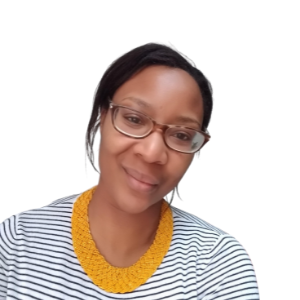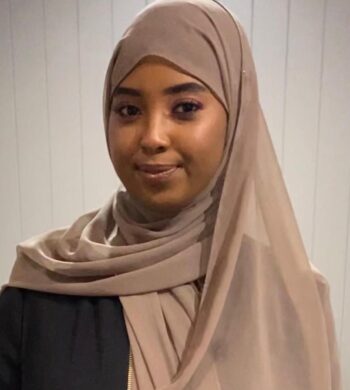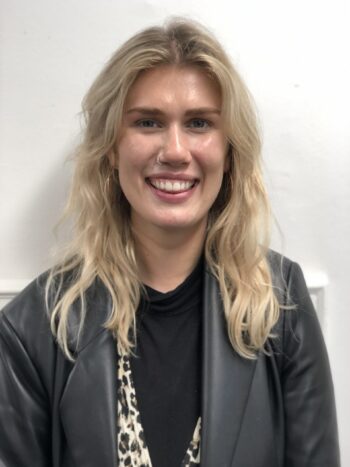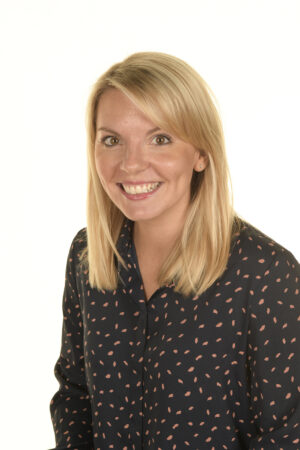Well-being and mental health are on the agenda for most educational establishments but are we all truly aware of the realities of teacher burnout and the impact it may have?
This special episode mark’s the start of the new academic year. With the ongoing events in the world at the moment, teachers, will need to remember to manage their wellbeing and mental health.
I speak with Florence Okwusogu about the realties of teacher burnout, understanding your own psychology and being a leader of yourself.
Florence Okwusogu is passionate about psychology and how we can apply it to our everyday lives. Her desire is to help teachers, to start creating change in their life in a more empowered way.
VIEW TRANSCRIPTYou deserve to be healthy, happy and whole… it’s okay to choose you.

Florence Okwusogu
Teacher Wellbeing & Mindset Coach
Florence founded Aligned Flow because of her belief that our ability to create a happier and healthier life is intrinsically linked to connecting and expressing our deepest self. As a result, she offers an integrative mix of bespoke coaching, mentoring, training and therapy to teachers and educators that goes beyond traditional wellbeing strategies.
Her goal is to empower her clients to unlock potential to fulfil their WHY without sacrificing themselves or their ability to create a life that nourishes them at all levels.
Follow Florence on:
Learning points:
- Remember to set and be clear with your boundaries.
- Become savvy to your own psychology.
- Consider authentic leadership as knowing who you are and why you are leading.
Resources:
Clubhouse: The Eduwellbeing Club (Fortnightly on Saturdays)
Book: Boundaries: When to Say Yes, How to Say No To Take Control of Your Life by Henry Cloud
Course: Coping with work related stress/anxiety
Have you left a review for Voicing Education – The Podcast?
Each and every review really does make a difference. If you are enjoying the episodes, I’d just like to ask for you to share your appreciation.
Please leave a review:
- Head to voicingeducation-thepodcast/apple or search Voicing Education – The Podcast in Apple Podcasts. (This is easier to do on your phone.)
- Scroll down and click the 5-star rating.
- To show extra appreciation and support – please add a quick sentence (or two) to share what you enjoy about the show.

